
St. Petersburg, one of the larger cities in Tampa Bay, is surrounded by 244 miles of shoreline and welcomes thousands of tourists every year to enjoy its beautiful beaches and warm weather. Like many other cities in the area, St. Petersburg must actively manage plastic consumption and disposal to help keep plastics out of the […]


Daytona Beach is a popular tourist destination for students and families alike. It also hosts some of the largest motorsports events, including the Daytona 500. Daytona Beach welcomes thousands of tourists every year, and while managing residents’ waste, it also must deal with the influx of waste during peak visiting times. Learn more about Daytona […]


While Orlando is known for its entertainment attractions, including the famed Walt Disney World and Universal Studios, it is also home to over 100 lakes. Keeping single-use plastic out of Orlando’s water is challenging, as this city is Florida’s third-largest metropolitan area and one of the most popular tourist destinations in the world. Learn about […]
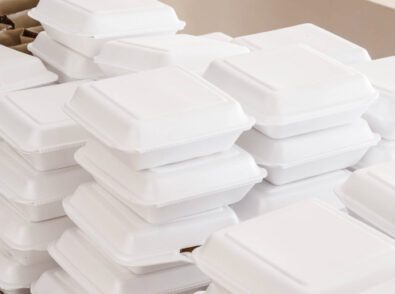

Buffalo is the second most populous city in New York State. It is a trade powerhouse surrounded by beautiful natural scenery, including Niagara Falls. Like many regions, the city struggles to keep plastic out of the land, rivers, and ocean. Learn more about the city’s plastic regulations. Key Takeaways Here are some key takeaways about […]
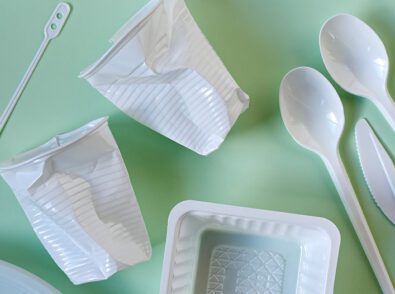
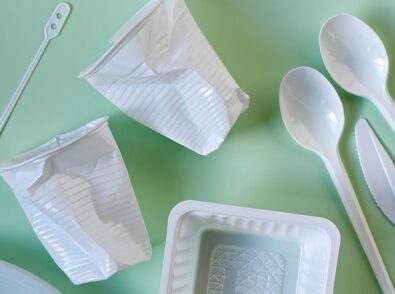
Jacksonville is a water wonderland. The city has the longest shoreline in the state, and the St. Johns River, the longest river in Florida, runs through it and flows into the Atlantic Ocean. Jacksonville also has the largest urban park system in the country. Like many other cities, Jacksonville struggles with plastic pollution. Learn more […]
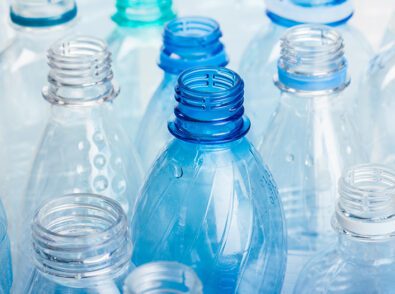
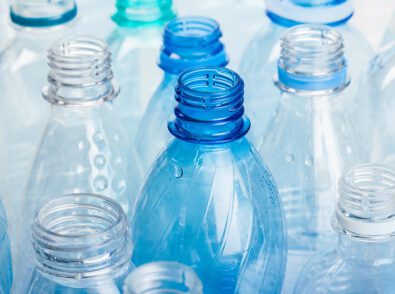
Tampa is the third-largest city in Florida. It’s a major business center, and as part of the Tampa Bay Area, it also offers respite to thousands of tourists every year. Tampa Bay has wonderful nature and wildlife areas and is also home to Florida’s official marine mammal—the graceful manatee. Like many other cities, Tampa suffers […]
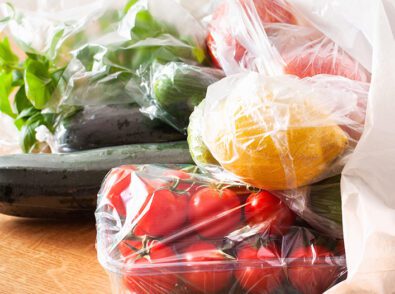
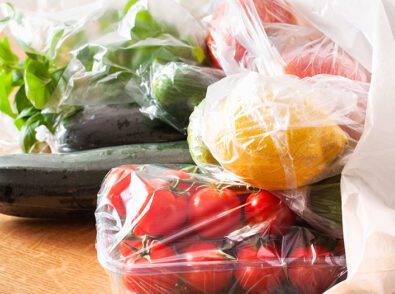
New York is the fourth most populous state in the United States and home to the most densely populated city in the country. The state borders the Great Lakes and the Atlantic Ocean and is home to beautiful and diverse wilderness. State leaders are taking pains to keep plastic from this populous state out of […]
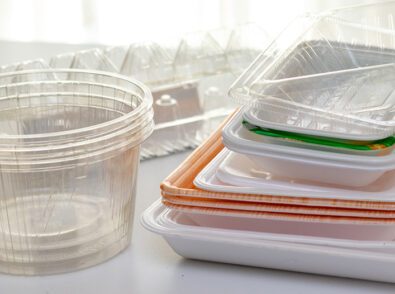
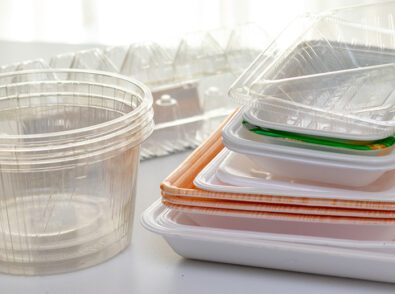
New York City has been taking measures to prevent large volumes of plastic from ending up in landfills, incinerators, the Hudson River, and the NYC waterfront. Lawmakers first went after Styrofoam, and in 2020, the Big Apple implemented the New York City plastic bag ban, which has successfully reduced the use of plastic retail bags. […]
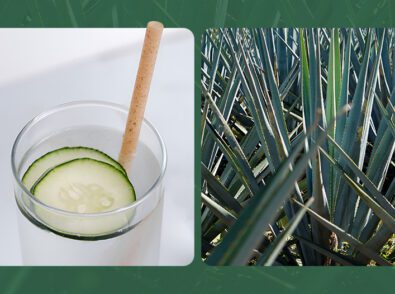
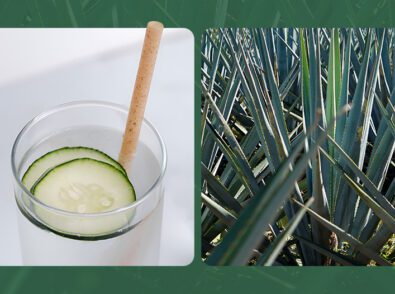
Straws are essential in the foodservice industry, whether you’re selling thick milkshakes, bubble tea, or specialty coffee with whipped cream. Plastic straws, however, are difficult to recycle and not biodegradable, posing a serious threat to the natural environment, wildlife, and humans. Those in the foodservice industry can significantly reduce their carbon footprint by choosing biodegradable […]
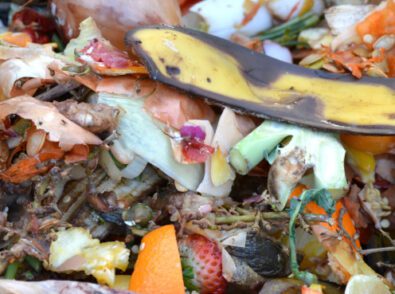

What Does Compostable Mean? Compostable products are products that can undergo aerobic biological decomposition. In other words, they decompose naturally over time in the presence of oxygen. This process can occur in a compost system where all the material breaks down into the basic parts—biomass, water, carbon dioxide (CO2), and inorganic compounds—which are all nutrients the […]


Of the nearly eight million tons of plastic waste, plastic straws make up about 4% of that total . They are also among the top 10 contributors to ocean marine debris. Plastic straws are not recyclable, partly because of their size but also because most are tossed into the trash and end up in a landfill.


With rising consumer awareness around plastic pollution and sustainability, many business owners feel a strong responsibility to reduce their business’s environmental footprint. One way to do so is to explore eco-friendly cutlery options — traditional plastic products contribute significantly to waste in landfills and oceans. Eco-products, including disposable cutlery, have a lesser environmental impact and […]


As more people turn to eco-friendly plastic alternatives, agave straws have gained popularity as a sustainable, biodegradable option. Since these straws are plant-based, you may wonder if they’re also edible. The short answer is no—agave straws are not meant to be eaten. Though they are made from natural materials, including agave fiber, their primary function […]
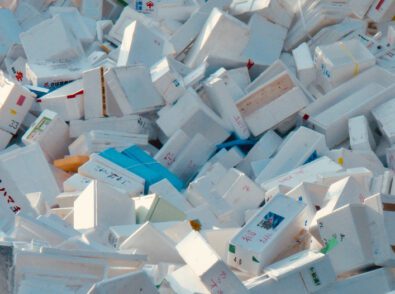

If you’re a restaurant owner still using polystyrene containers for takeout packaging, you likely already know it’s not sustainable. Polystyrene has long been known as one of the most environmentally harmful materials out there—and yet some still use it because it’s also the cheapest.
